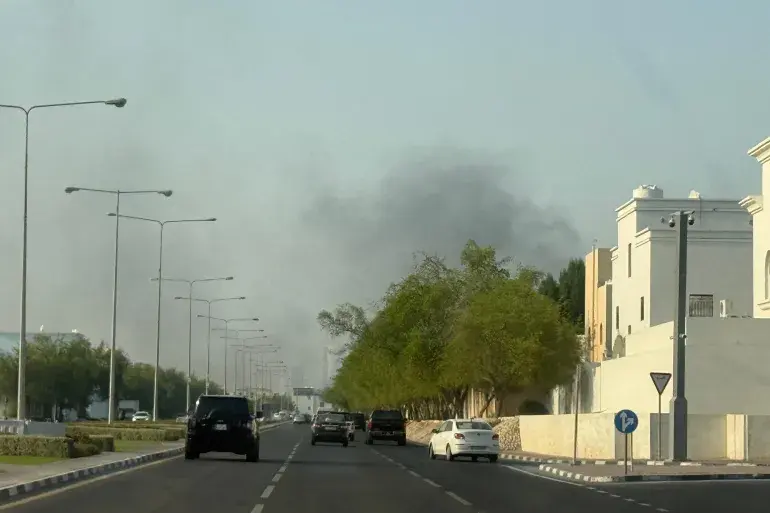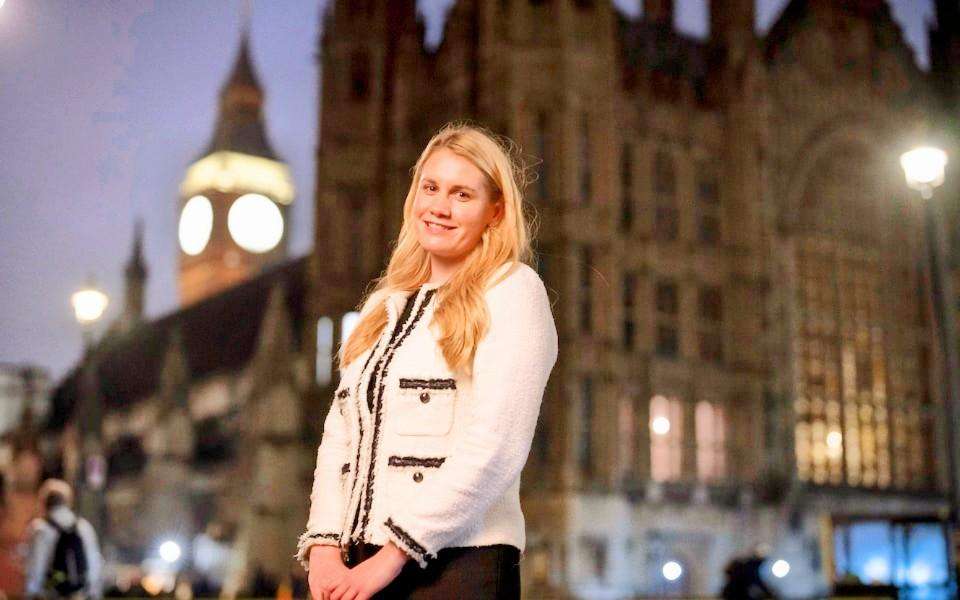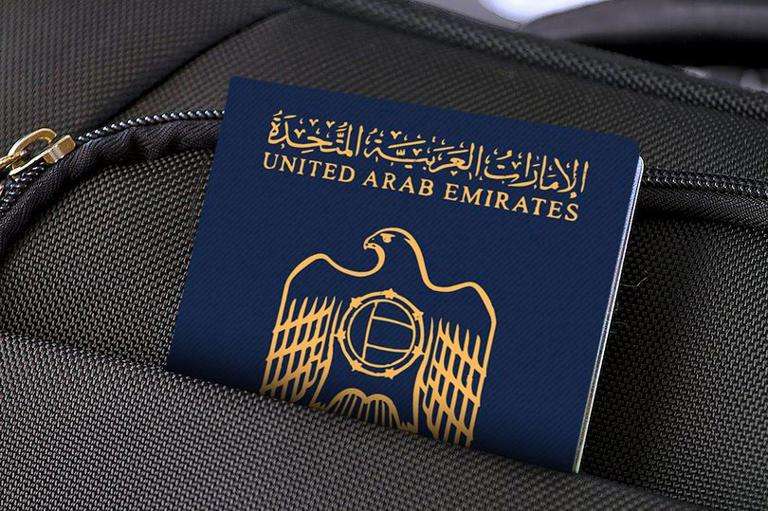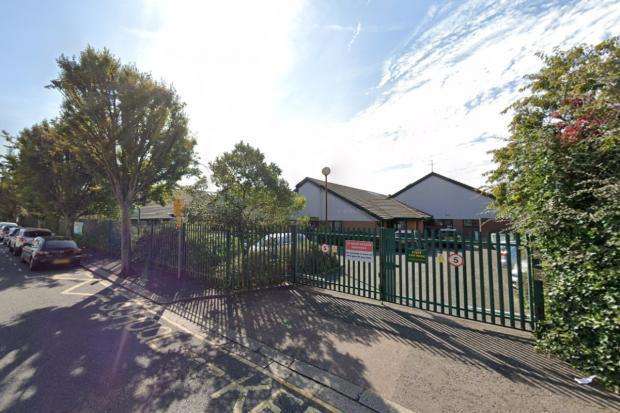Along the US border, Canada has committed to enacting a number of comprehensive new security measures, such as enhanced monitoring and a combined "strike force" to combat transnational organized crime.
The promise comes after President-elect Donald Trump threatened to levy a 25% tariff on Canadian goods upon his inauguration in January if the nation did not protect its shared border against the flow of illegal drugs and irregular migrants.
Such tariffs, according to economists, might hurt Canada's economy.
Canada's minister of finance and international affairs revealed the plan's specifics and stated that the federal government will invest C$1.3 billion ($900 million; £700 billion) in it.
Minister Dominic LeBlanc stated on Tuesday that the actions "will secure our border against the flow of illegal drugs and irregular migration while ensuring the free flow of people and goods that are at the core of North America's prosperity."
The five pillars of the plan cover the disruption of the fentanyl trade, new tools for law enforcement, enhanced coordination with US law enforcement, increased information sharing and limiting traffic at the border.
They include a proposed aerial surveillance task force, including helicopters, drones and mobile surveillance towers between ports of entry.
The government is also giving the Canada Border Service Agency funds to train new dog teams to find illegal drugs, and new detection tools for high-risk ports of entry.
And LeBlanc provided further detail on the so-called "joint strike force" for Canadian and US authorities, saying it would include "support in operational surges, dedicated synthetic drug units, expanded combined forces, special enforcement units, binational integrated enforcement teams, and new operational capacity and infrastructure".
The new plan appears to correspond to the concerns publicly disclosed by Trump in recent weeks: the flow of fentanyl and undocumented immigrants into the US.
The number of crossings at the US-Canada border is significantly lower than at the southern border, according to US Border Patrol data on migrant encounters, as is the amount of fentanyl seized.
Mexico is also facing a 25% tariff threat.
LeBlanc said he and other officials had a "preliminary" conversation with Trump's incoming "border tsar" Tom Homan about the new plan.
"I'm in encouraged by that conversation," he said.
LeBlanc was present at a meeting last month between Prime Minister Justin Trudeau and Trump at Mar-a-Lago, a trip reportedly meant to head-off the levy.
The announcement comes on LeBlanc's first day as Canada's finance minister.
The longtime ally to Trudeau was hastily sworn in on Monday after the surprise resignation of Chrystia Freeland, who served as both finance minister and deputy prime minister.
Freeland quit her posts with a scathing open letter to Trudeau in which she outlined disagreements she had with him on spending and "the best path forward for Canada".
Her abrupt exit from cabinet has put additional strain on Trudeau's weakened minority government.
On Tuesday, in a speech to party faithful at a Liberal holiday event, a defiant Trudeau said there are "always tough days and big challenges" in politics.
"But this team doesn't hold the record for the longest minority in Canadian history because we shy away from these moments, we put in the work, whether it's easy or hard."




_2.jpg)



.svg)




_6.jpg)